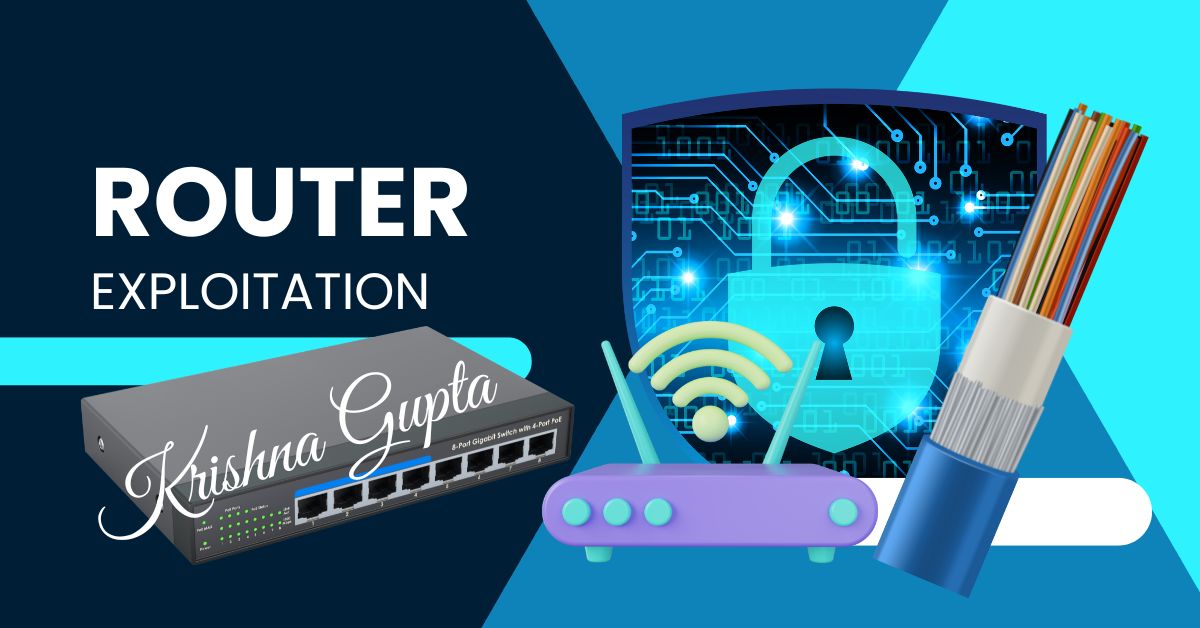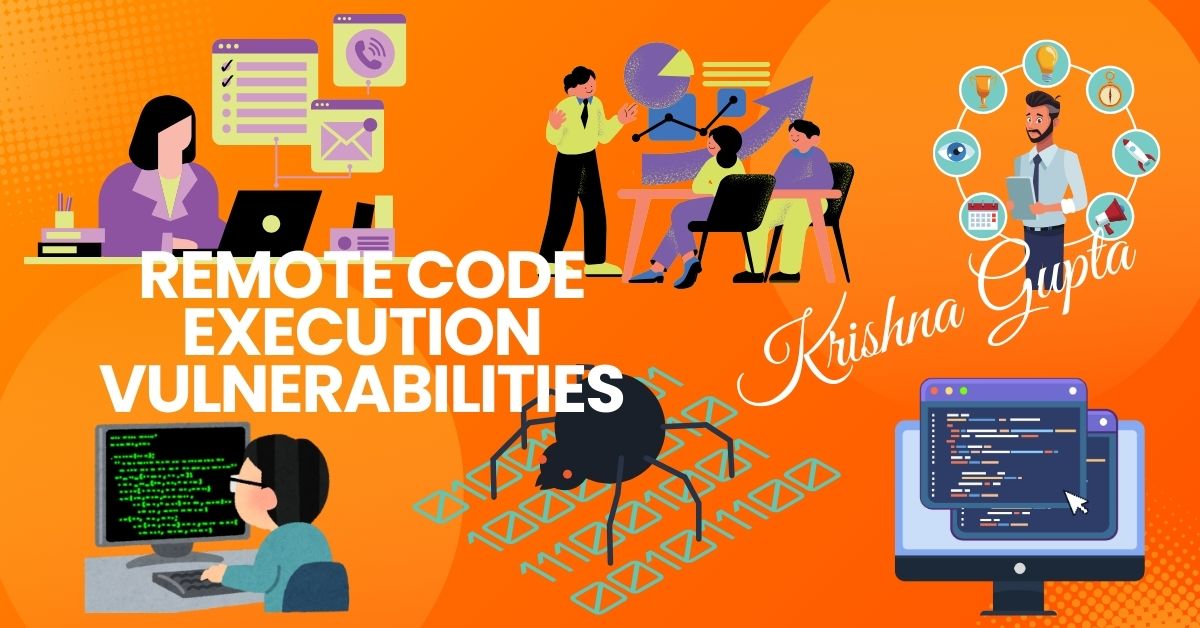Router exploitation involves attackers compromising network routers to gain unauthorised access, intercept sensitive communications, or exploit connected devices. Routers are the gateways to internal networks, making them prime targets for cybercriminals seeking to breach security perimeters. Once exploited, they can allow hackers to:
Intercept and manipulate traffic: Attackers can spy on or alter data being transmitted across your network, including sensitive information such as passwords, financial transactions, and proprietary business data.
Launch further attacks: Compromised routers can serve as platforms for Distributed Denial of Service (DDoS) attacks or enable the installation of malware across connected devices.
Steal login credentials: Man-in-the-middle attacks through routers can capture usernames, passwords, and encryption keys, allowing hackers to gain deeper access to corporate systems.



